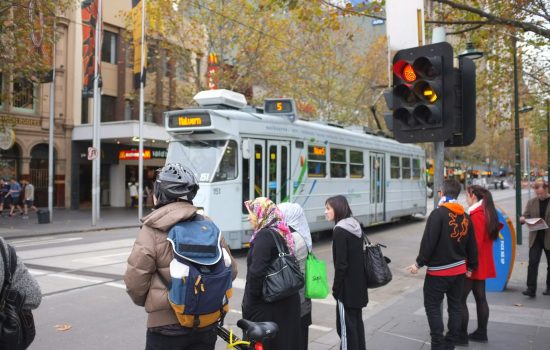The Regional Employer Sponsored visa (subclass 494) replaces the subclass 187 visa, which has been discontinued.
What is the subclass 494 visa?
This visa allows employers in regional areas to sponsor overseas workers in key skills shortage areas. The subclass 494 visa is similar to a TSS visa (subclass 482). It allows you to:
- Live, work and study only in designated regional areas of Australia for 5 years
- Travel to and from Australia as many times as you want while the visa is valid
- Apply for permanent residence after 3 years from the time your visa is granted, if eligible
What are the eligibility requirements for the 494 visa?
In order to be eligible for the subclass 494 visa, you must:
- Be 45 years of age at the time of application (exemptions apply)
- Be nominated by an approved sponsor in Australia and work in the nominated occupation
- Have at least 3 years of work experience on a full-time basis in the nominated occupation
- Have the relevant skills and qualifications required for the nominated occupation
- Have a positive skills assessment for your nominated occupation (exemptions apply)
- Have competent English or higher
- Meet the health and character requirements
What is a regional area under the 494 visa?
While holding a subclass 494 visa you can live, work and study only in a designated regional area.
Most locations of Australia outside major cities (Sydney, Melbourne and Brisbane) are classed as designated regional areas for migration purposes.
The regional definition is comprised of 3 categories and offers regional incentives for skilled migrants who migrate to locations classified as Category 2 ‘Cities and Major Regional Centres’ or Category 3 ‘Regional Centres and Other Regional Areas’:
- Category 2 – ‘Cities and Major Regional Centres’ of Perth, Adelaide, the Gold Coast, the Sunshine Coast, Canberra, Newcastle/Lake Macquarie, Wollongong/Illawarra, Geelong and Hobart have access to the following regional incentives:
- Access to the dedicated 25,000 regional places
- Priority processing of regional visas
- Access to the Regional Occupations List – more jobs compared to non-regional lists
- International graduates with a bachelor or higher qualification from a regional campus of a registered institution will be eligible to access an additional year in Australia on a post-study work visa
- Category 3 – ‘Regional Centres and Other Regional Areas’ will also have access to the dedicated 25,000 regional places, priority processing of regional visas, and the Regional Occupations List. Additional incentives include:
- International graduates with a bachelor or higher qualification from a regional campus of a registered institution will be eligible to access an additional 2 years in Australia on a post-study work visa.
- Priority in negotiating region-specific Designated Area Migration Agreements (DAMAs)




